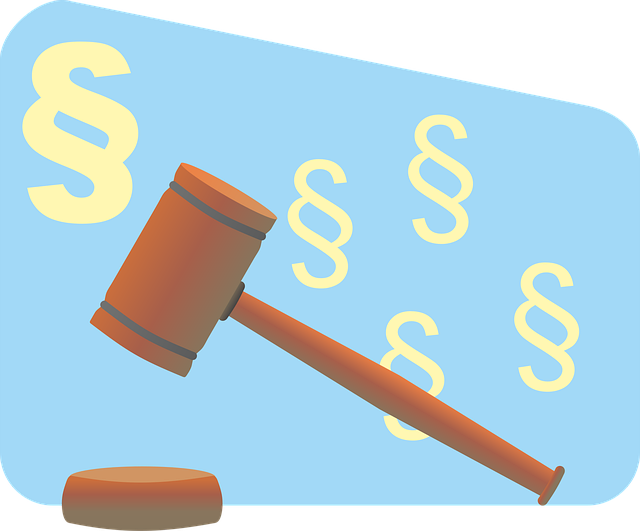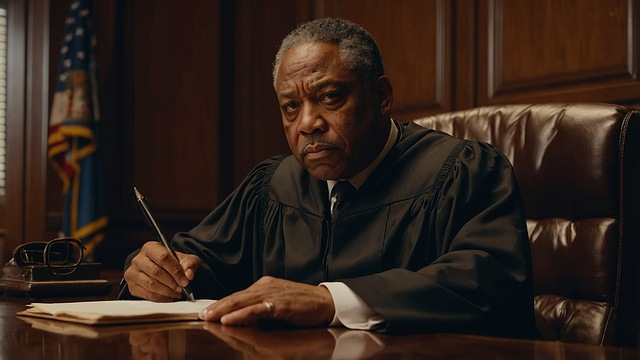Whistleblower Protection Laws are vital for ethical conduct in the real estate sector, safeguarding employees who expose fraud or corruption from retaliation. These laws empower workers to participate in the Real Estate Litigation Process Explained without fear of harm, fostering corporate accountability and integrity. By ensuring employers cannot take adverse actions against whistleblowers, these protections strengthen the litigation process, encourage honest practices, and play a crucial role in white-collar defense cases within the sector.
“Uncover the power of whistleblower protection laws within the real estate sector with our comprehensive guide. This article provides a detailed ‘Real Estate Litigation Process Explained’ covering key aspects from reporting violations to resolving lawsuits. We explore the application of these laws in practice, shedding light on notable cases that have shaped industry standards. Understanding this process is pivotal for both professionals and those seeking justice, ensuring a safer, more transparent real estate market.”
- Understanding Whistleblower Protection Laws and Their Application in Real Estate
- The Litigation Process: From Reporting to Resolution
- Case Studies: Notable Whistleblower Protection Lawsuits in Real Estate
Understanding Whistleblower Protection Laws and Their Application in Real Estate

Whistleblower Protection Laws play a pivotal role in encouraging employees to expose illegal activities within their respective businesses, including the real estate sector. These laws safeguard individuals who report fraudulent or unethical practices from retaliation, offering them a safe avenue to participate in the Real Estate Litigation Process Explained. By enacting these protections, governments aim to foster an environment where corporate accountability is maintained without fear of personal harm or professional repercussions.
In the context of real estate, whistleblowers might uncover instances of fraud, corruption, or unethical dealings within agencies, development projects, or even individual transactions. When such concerns are raised, the laws ensure that the whistleblower’s employer cannot take adverse actions, such as termination, demotion, or harassment. This legal framework not only empowers employees but also strengthens the integrity of the Real Estate Litigation Process by encouraging honest and transparent practices throughout the industry, including in white-collar defense cases and general criminal defense scenarios involving business entities.
The Litigation Process: From Reporting to Resolution

The whistleblower protection lawsuits, while complex, are a crucial aspect of the real estate litigation process explained. It begins when an individual, known as a whistleblower, reports suspected illegal activities within a company or organization, often involving white-collar and economic crimes. This act of courageous disclosure sets in motion a series of events designed to protect the whistleblower and ensure accountability.
Once a report is made, the case enters all stages of the investigative and enforcement process. Law enforcement agencies or regulatory bodies conduct thorough inquiries, gathering evidence to substantiate the claims. This stage involves meticulous documentation, interviews, and analyses, ultimately aiming to determine liability. If the investigation confirms the wrongdoings, the next step may involve legal proceedings against corporate and individual clients found guilty, leading to potential financial settlements or criminal charges.
Case Studies: Notable Whistleblower Protection Lawsuits in Real Estate

Whistleblower protection lawsuits within the real estate sector have garnered significant attention due to their impact on both industry participants and the public. Case studies of notable instances highlight the importance of robust whistleblower protection mechanisms. For instance, a former employee of a prominent real estate development company exposed fraudulent practices involving property valuation and financial reporting, leading to a multi-million dollar settlement. This case not only underscored the potential for widespread harm but also served as a stark reminder of the consequences for companies that engage in unethical conduct.
Understanding the real estate litigation process is crucial, especially when considering high-stakes cases. The general criminal defense strategy often involves avoiding indictment by presenting a strong defense against allegations. Whistleblowers play a pivotal role in this process, as their revelations can trigger internal investigations and prompt companies to rectify wrongdoings. Through these lawsuits, whistleblowers not only safeguard the public interest but also ensure accountability in the real estate industry, making them essential components of the litigation landscape.
Whistleblower protection lawsuits play a pivotal role in upholding integrity within the real estate industry. By understanding and utilizing these laws, individuals who uncover wrongdoing can navigate the litigation process effectively, as illustrated by various case studies. The Real Estate Litigation Process Explained offers a comprehensive roadmap, from initial reporting to resolution, empowering whistleblowers to stand up for justice while ensuring fair practices in the sector.






